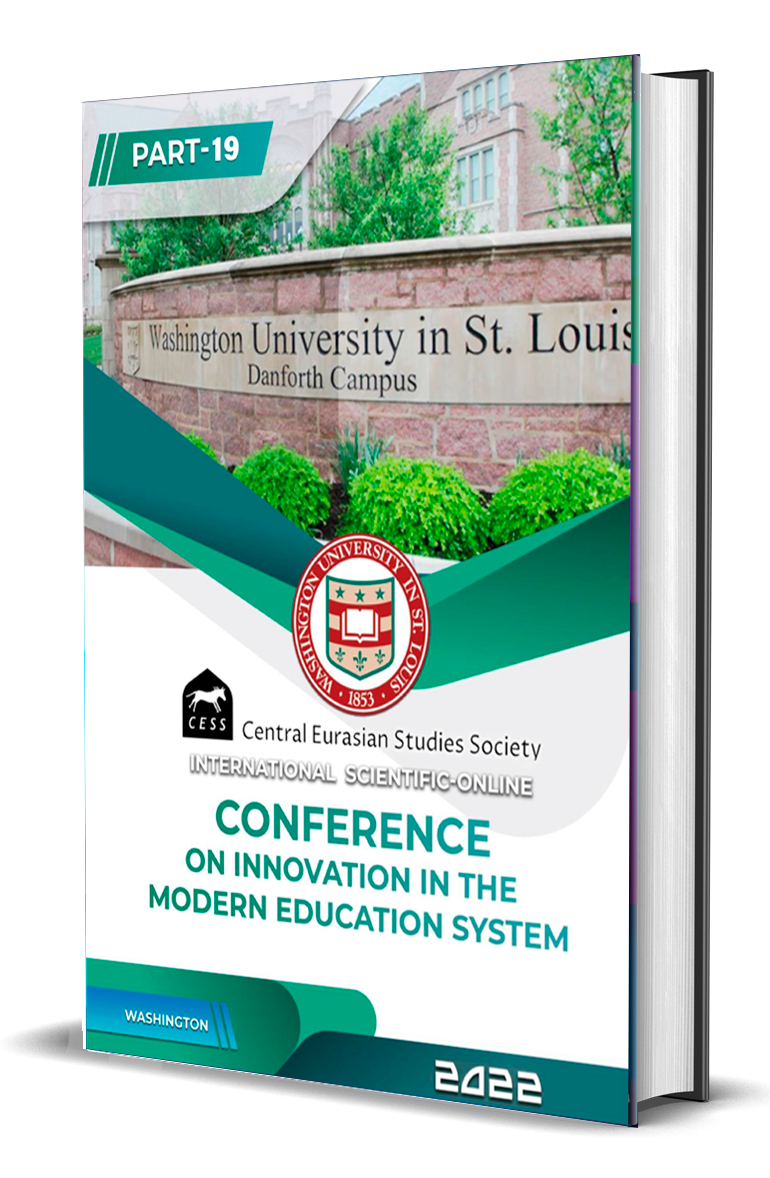MEANS OF EXPRESSING DISAGREEMENT IN LINGUOCULTUROLOGICAL APPROACH
Keywords:
The relevant semantic field includes both the speech act of dispute and the speech act of consent. The semantic field of disagreement unites all constituents that have a common meaning - in one way or another a or initiating remark of the interlocutorAbstract
The concept of disagreement, as well as its antonym consent, originated in philosophy in antiquity. This term was actively used by such ancient thinkers as Socrates and Plato. They used it in their works, analyzing completely new approaches to human existence. For ancient thinkers, "disagreement" is a way to negate previous theories. With the phenomenon known as the "linguistic turn," when there was awareness of the priority of language and an active study of dialogic speech, the topic of disagreement started to be actively investigated in linguistics. The speech act of disapproval was typically examined in publications alongside the speech act of consent [64,14-15]. "The speech act of a negative reaction is a reactive act expressing the speaker's negative attitude to the interlocutor's action or statement, which is an informative, evaluative or imperative statement with various emotional shades and has a certain embodiment in speech".
Downloads
References
Alefirenko N. F. Linguistic culture as a scientific and educational discipline // Alefirenko N. F. Linguistics. The language of value-semantic space. - M., 2010. - S. 44.
Alefirenko N.F., Semenenko N.N. "Phraseology and Paremiology", M.: Flint: Nauka, 2009. - C. 269
Rozin V.M. Culturology. - M.: INFRA-M, FORUM, 2002. - p. 282-283
Humboldt 1985: Humboldt W. background Language and culture of philosophy. M., 1985. - 60c.
Sapir E. Works on linguistics and cultural studies. – M.: Progress, 1993.- 60c.
Maslova V.A. Introduction to linguoculturology. Tutorial. - Moscow: Heritage, 1997. - 38c
Maslova V.A. Linguistics: Proc. student allowance _ textbook institutions - M .: Academy, 2001. - 208 p.
Teliya VN Russian Phraseology: Semantic, Pragmatic and Linguistic and Cultural Aspects. - M.: Languages of Russian culture, 1996. - 288 p.
Whorf, Benjamin. 1956. Language, Thought and Reality. Cambridge UP: MIT Press. Edited by J. Carroll.
Фрумкина P.M. Концепт, категория, прототип / Р.М. Фрумкина //Лингвистическая и экстралингвистическая семантика. – М., 1992. – С. 28-43
Горелов К.Н. Невербальные компоненты коммуникации. - М.: Наука, 1980.-104 с
Ахманова О.С., Гюбенетт И.В. Вертикальный контекст как филологическая проблема // Вопросы языкознания. - 1977.- № 3. - С. 47-54.





